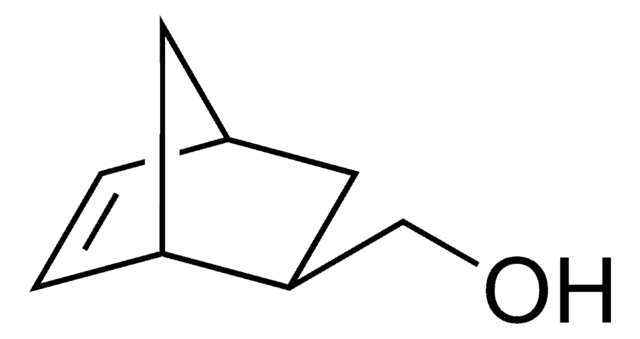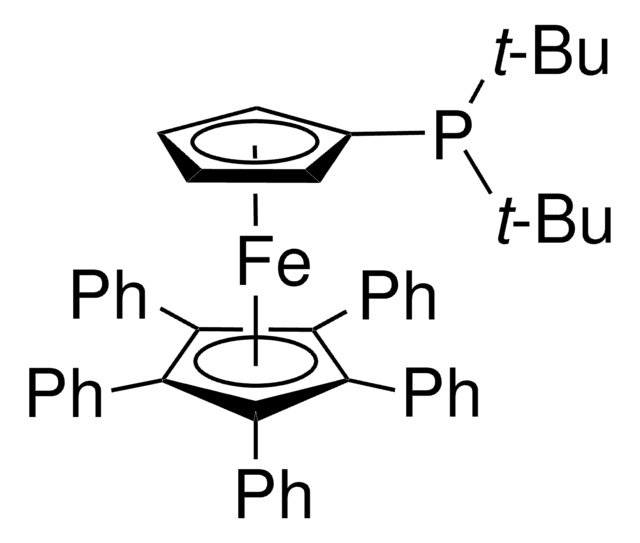557811
2,4-Diisopropylphenol
98%
Sinónimos:
2,4-Bis(1-methylethyl)phenol, 2,4-Bis(propan-2-yl)phenol, 2,4-Di(propan-2-yl)phenol
About This Item
Productos recomendados
assay
98%
refractive index
n20/D 1.5130 (lit.)
bp
79-80 °C (lit.)
density
0.948 g/mL at 25 °C (lit.)
SMILES string
CC(C)c1ccc(O)c(c1)C(C)C
InChI
1S/C12H18O/c1-8(2)10-5-6-12(13)11(7-10)9(3)4/h5-9,13H,1-4H3
InChI key
KEUMBYCOWGLRBQ-UHFFFAOYSA-N
¿Está buscando productos similares? Visita Guía de comparación de productos
General description
Application
signalword
Warning
hcodes
Hazard Classifications
Eye Irrit. 2 - Skin Irrit. 2 - STOT SE 3
target_organs
Respiratory system
Storage Class
10 - Combustible liquids
wgk_germany
WGK 3
flash_point_f
230.0 °F - closed cup
flash_point_c
110 °C - closed cup
ppe
Eyeshields, Gloves, type ABEK (EN14387) respirator filter
Elija entre una de las versiones más recientes:
Certificados de análisis (COA)
¿No ve la versión correcta?
Si necesita una versión concreta, puede buscar un certificado específico por el número de lote.
¿Ya tiene este producto?
Encuentre la documentación para los productos que ha comprado recientemente en la Biblioteca de documentos.
Los clientes también vieron
Nuestro equipo de científicos tiene experiencia en todas las áreas de investigación: Ciencias de la vida, Ciencia de los materiales, Síntesis química, Cromatografía, Analítica y muchas otras.
Póngase en contacto con el Servicio técnico








![Bicyclo[2.2.1]hept-2-ene 99%](/deepweb/assets/sigmaaldrich/product/structures/270/492/95fd4909-6108-4858-8c94-609b54387149/640/95fd4909-6108-4858-8c94-609b54387149.png)


